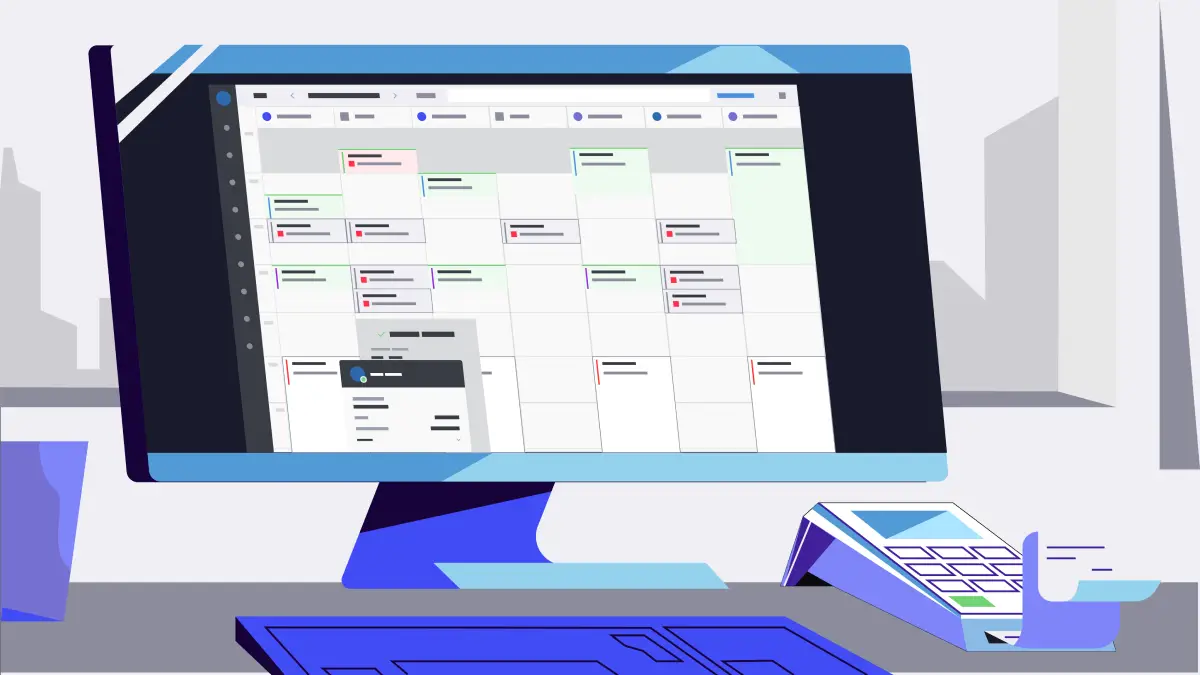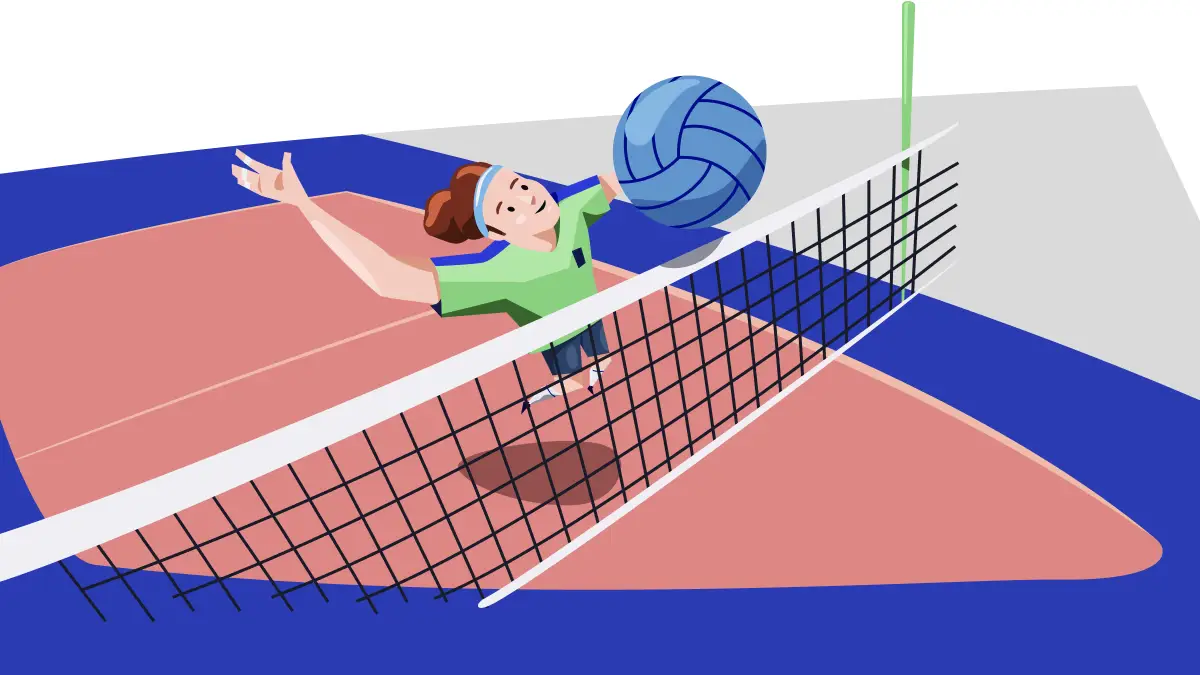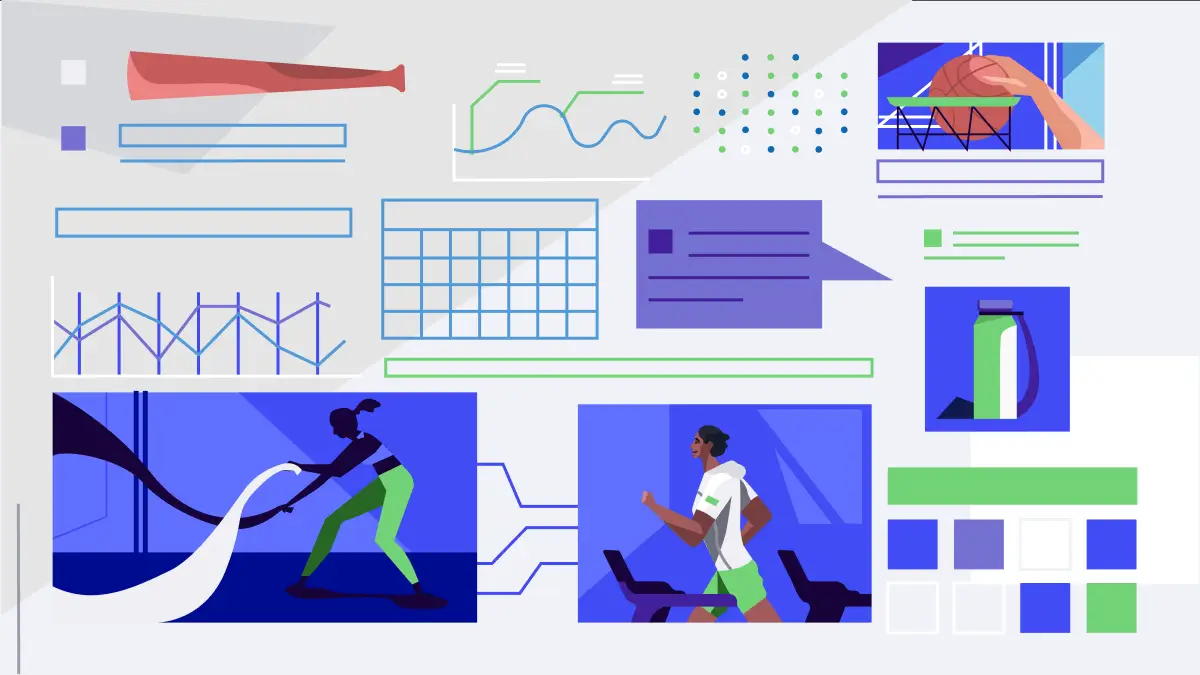
Running a sports training business comes with its seasonal highs and lows. Perhaps as kids return to school, you notice the demand for programs dips.

Great coaching goes beyond strategy—it’s about leadership, communication, and creating a positive environment for athletes. To build a successful sports facility, you need to train coaches and staff in a way that promotes long-term growth and excellence. Training isn’t just a one-time event; it’s an ongoing process that strengthens your team, enhances athlete development, and improves the overall experience for everyone involved.
From onboarding new hires to providing ongoing education, investing in your team ensures long-term growth, better athlete development, and a stronger overall experience for everyone involved. Here’s how to train your coaches and staff for lasting success.
The first few weeks on the job set the tone for success. A structured onboarding program helps new hires understand your facility’s expectations, culture, and operational processes while making them feel welcome and prepared.
A solid onboarding experience builds confidence and increases retention, setting the stage for long-term success.
The best coaches and staff members never stop learning. Keeping your team up to date with industry trends, new techniques, and best practices ensures they continue to grow and improve.
Ongoing education keeps your team engaged and ensures they deliver the best experience to athletes and clients.
Coaches and staff do more than manage schedules—they inspire, motivate, and lead. Strong leadership and communication skills are essential for keeping athletes engaged and helping teams perform at their best.
Great leaders create a strong, positive culture that benefits both athletes and staff.
Athlete safety should always be a top priority. Every coach and staff member must be well-versed in safety protocols, injury prevention, and emergency response.
Having a well-trained team in safety procedures builds trust with athletes and their families.
A strong team dynamic leads to better performance and a more enjoyable work environment. Regular team-building activities help staff stay connected and work more effectively together.
When staff members feel valued and connected, they’re more likely to stay engaged and committed.
Training your coaches and staff isn’t just about skill-building—it’s about creating a culture of excellence, leadership, and continuous growth. By focusing on strong onboarding, ongoing education, leadership development, safety training, and team collaboration, you’ll build a staff that not only excels in their roles but also contributes to the long-term success of your sports facility.

Running a sports training business comes with its seasonal highs and lows. Perhaps as kids return to school, you notice the demand for programs dips.

Are you overpaying for sports registration software? Learn how to find affordable, feature-packed solutions that streamline your operations and fit your budget. Save time, money, and hassle today!